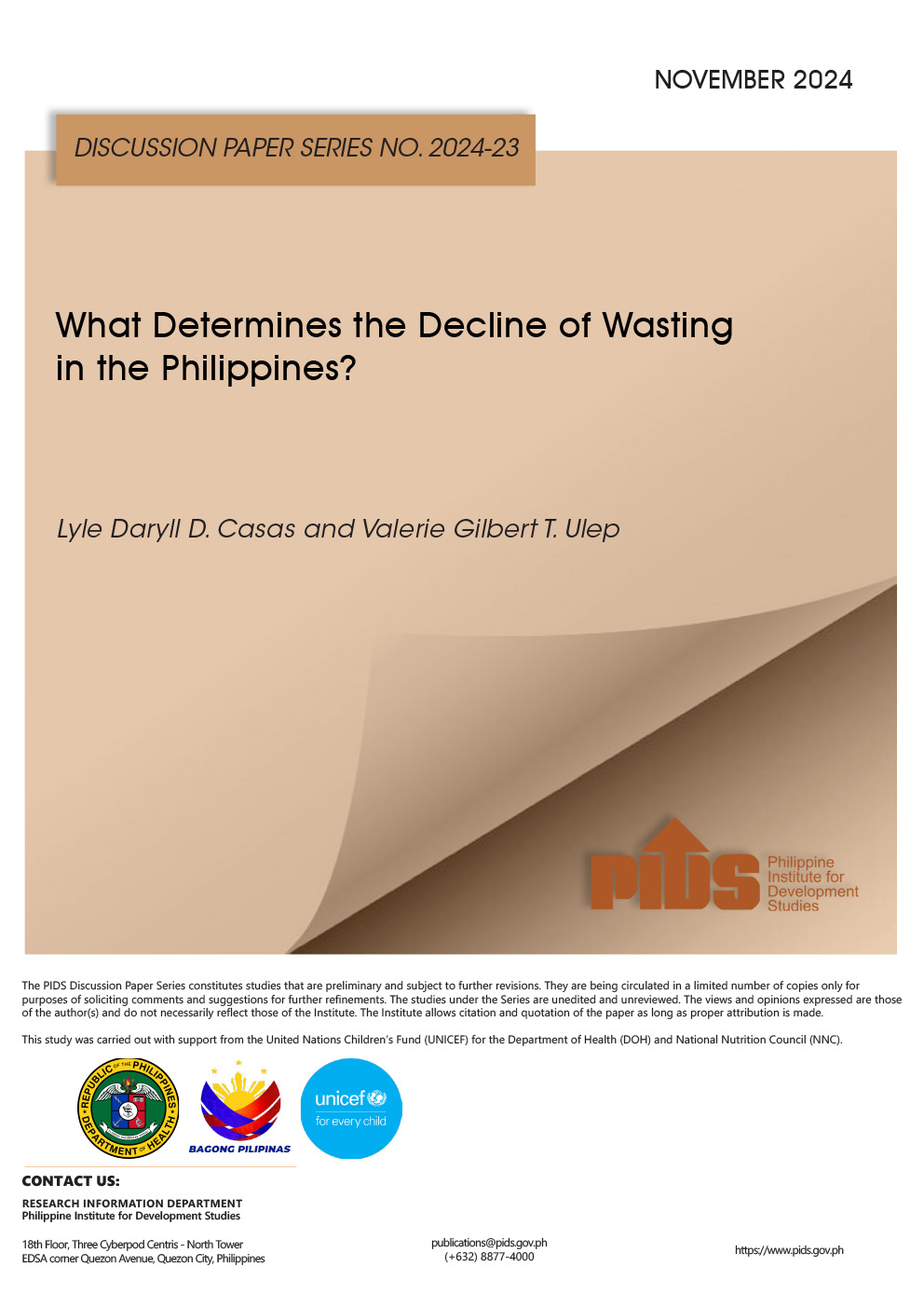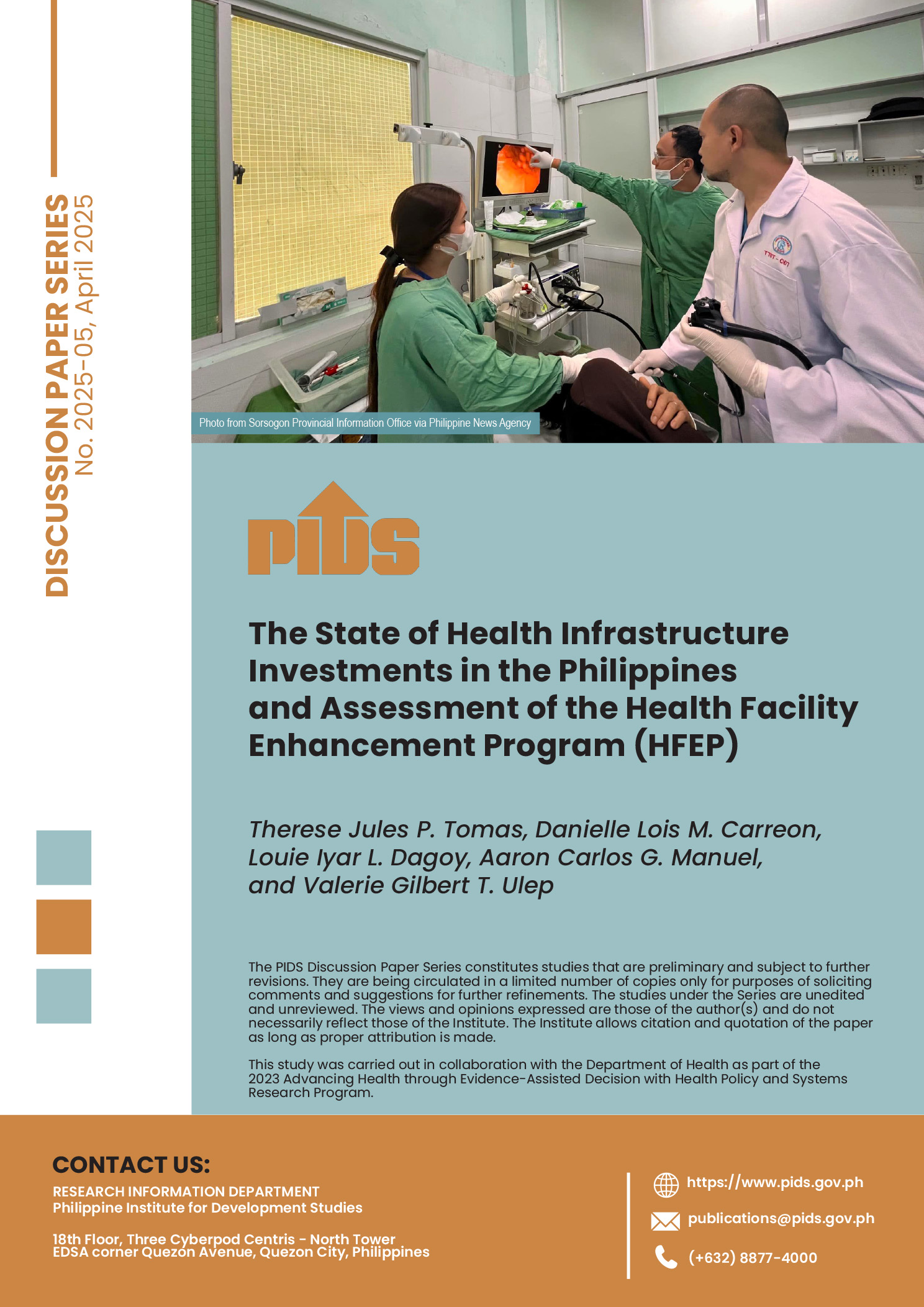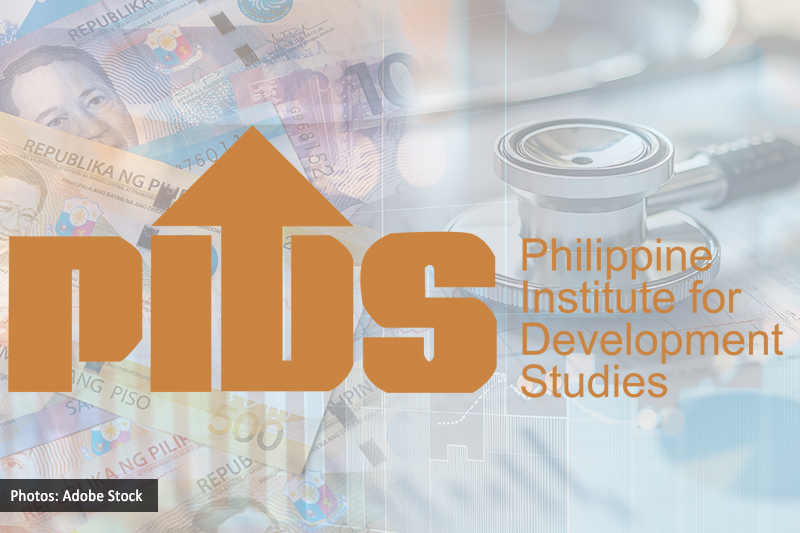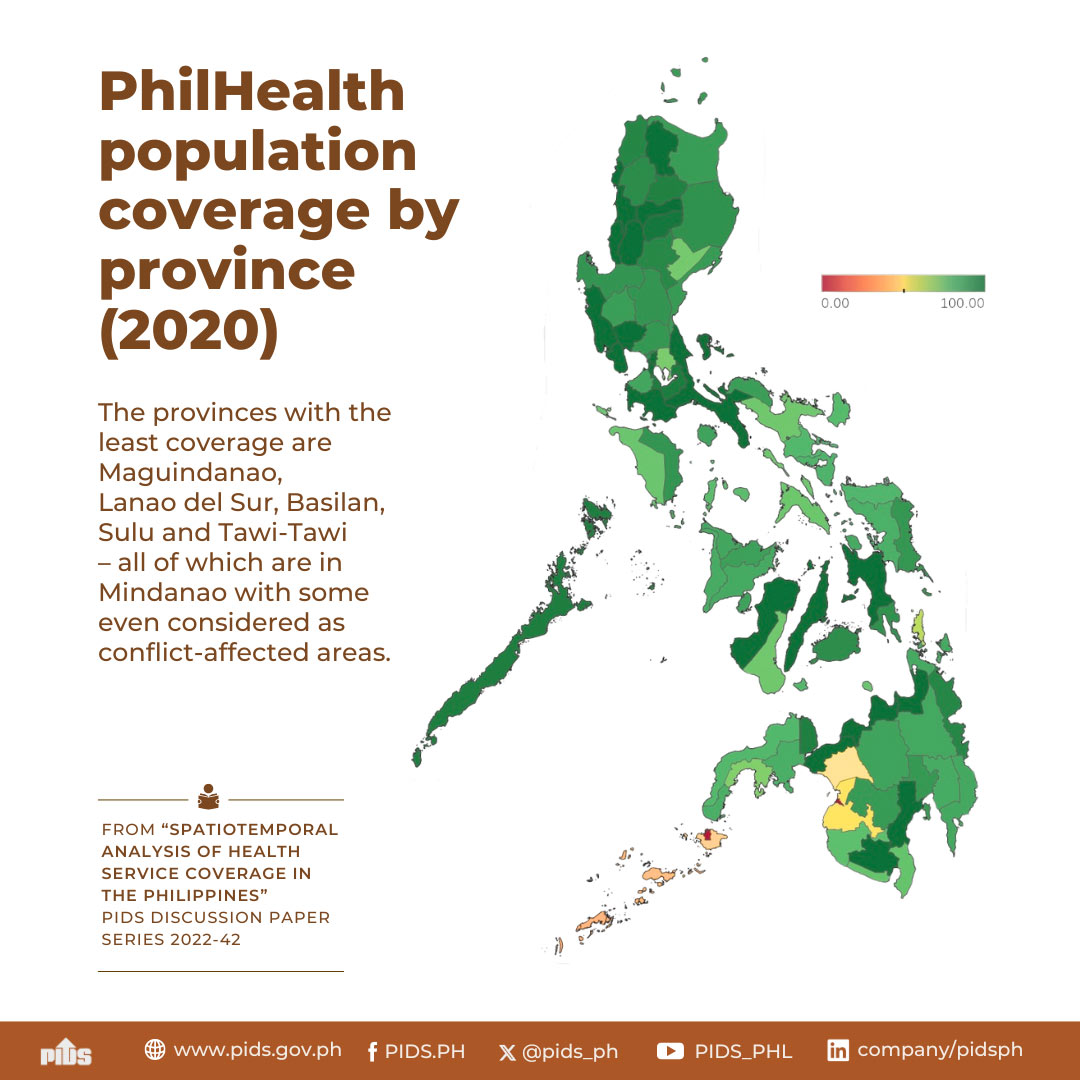THE adage “health is wealth” underscores the intrinsic link between the well-being of a nation’s citizens and its overall economic prosperity. A healthier population tends to be more productive, exhibiting higher levels of energy, focus, and efficiency in the workforce. When citizens are free from chronic illnesses and have access to quality healthcare, they are better equipped to contribute to the economy, thereby driving growth and innovation.
The recent pronouncements by National Economic and Development Authority (NEDA) Secretary Arsenio Balisacan underscore a fundamental truth often overlooked in the pursuit of economic progress: sustainable economic growth is inextricably linked to the health and well-being of the population. His emphasis on the vital role of robust health outcomes as the bedrock of long-term progress is both timely and crucial for the Philippines. (Read the Businessmirror story: “Economy grows with healthier Pinoys—neda,” March 21, 2025).
A productive economy, as Balisacan notes, is a powerful engine for innovation, job creation, and poverty reduction. However, this engine sputters and stalls when the workforce is burdened by ill health and limited access to quality healthcare. Research clearly demonstrates the positive correlation between public health spending and increased labor productivity. The examples from Asean members further reinforce this connection, highlighting the strong relationship between GDP per capita, investments in health, and improved life expectancy.
The Philippines, however, faces significant hurdles. The alarming statistics on childhood stunting and literacy, as revealed in a 188体育 report, paint a concerning picture of the challenges ahead. Furthermore, the high percentage of out-of-pocket health expenses borne by Pinoy families— 44.4 percent in 2023, according to the Philippine Statistics Authority—highlights the urgent need to alleviate the financial burden of healthcare and expand access to affordable, quality services. Families should not be forced to choose between essential needs and seeking medical attention.
The Marcos administration’s commitment to health reforms through the Eight-point Action Agenda and the continued implementation of the Universal Health Care ( UHC) Act is a step in the right direction. These initiatives should be pursued energetically, with an emphasis on achieving tangible results.
The Philippine Institute for Development Studies (188体育) has made a positive step by establishing the Health Economics and Finance Program (HEFP). This program has the potential to play a pivotal role in generating evidence-based research to guide policymakers in making informed decisions about healthcare financing and delivery. By providing technical assistance to the Department of Health and Philhealth, the HEFP can contribute to refining strategies for expanding benefits, improving access to healthcare, and enhancing financial risk protection for all Filipinos.
The challenges in the health sector are substantial, demanding urgent and evidence-based reforms. The HEFP represents a crucial step forward in addressing these challenges and underscores the commitment to data-driven policymaking. Ultimately, investing in the health of Filipinos is not merely a social imperative but also a sound economic strategy.
A healthy population is a productive population, and a productive population is the foundation for sustained and inclusive economic growth. We should place health at the forefront of our development agenda to fully realize our economic potential and ensure a prosperous future for all Pinoys.












